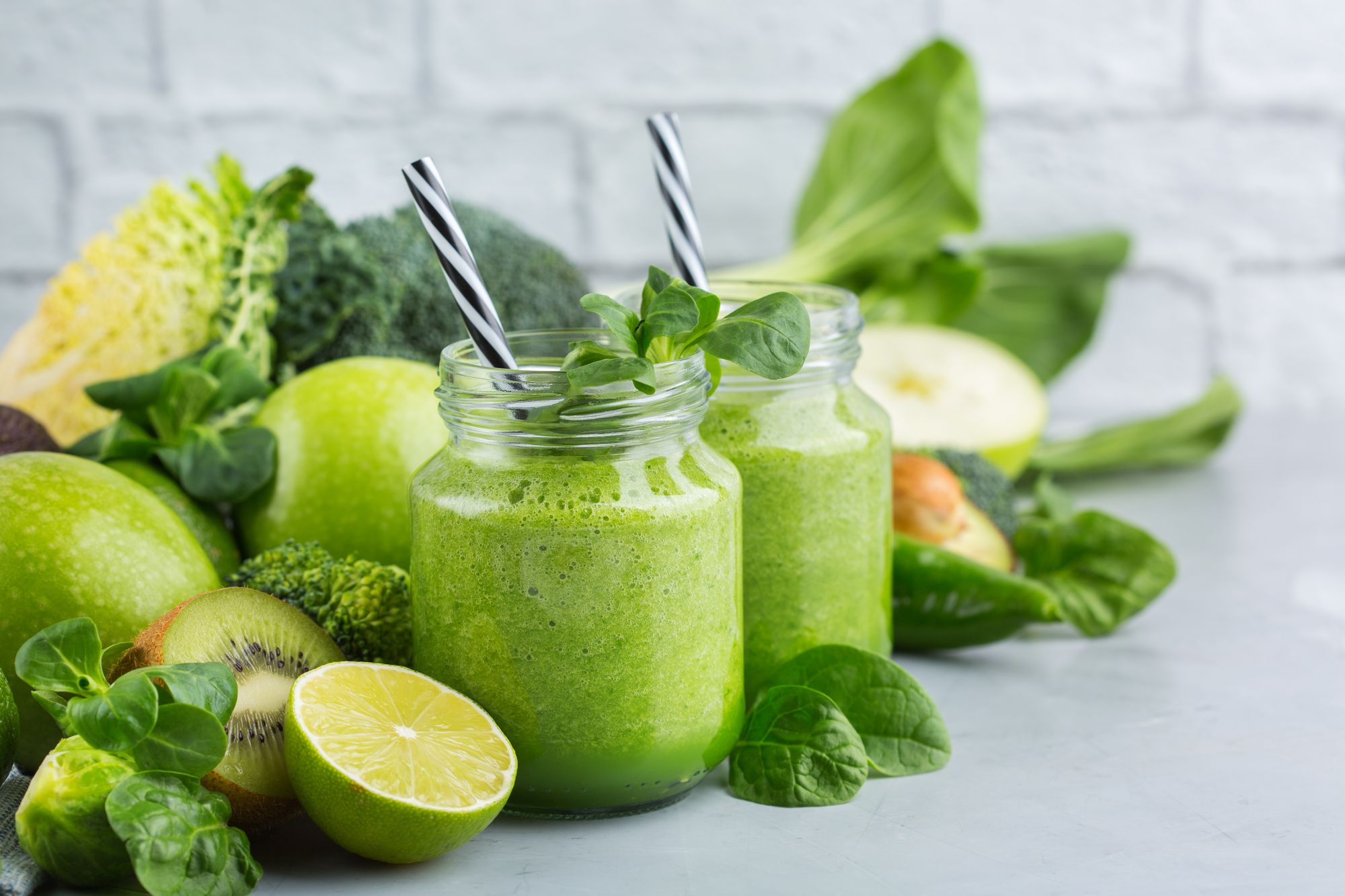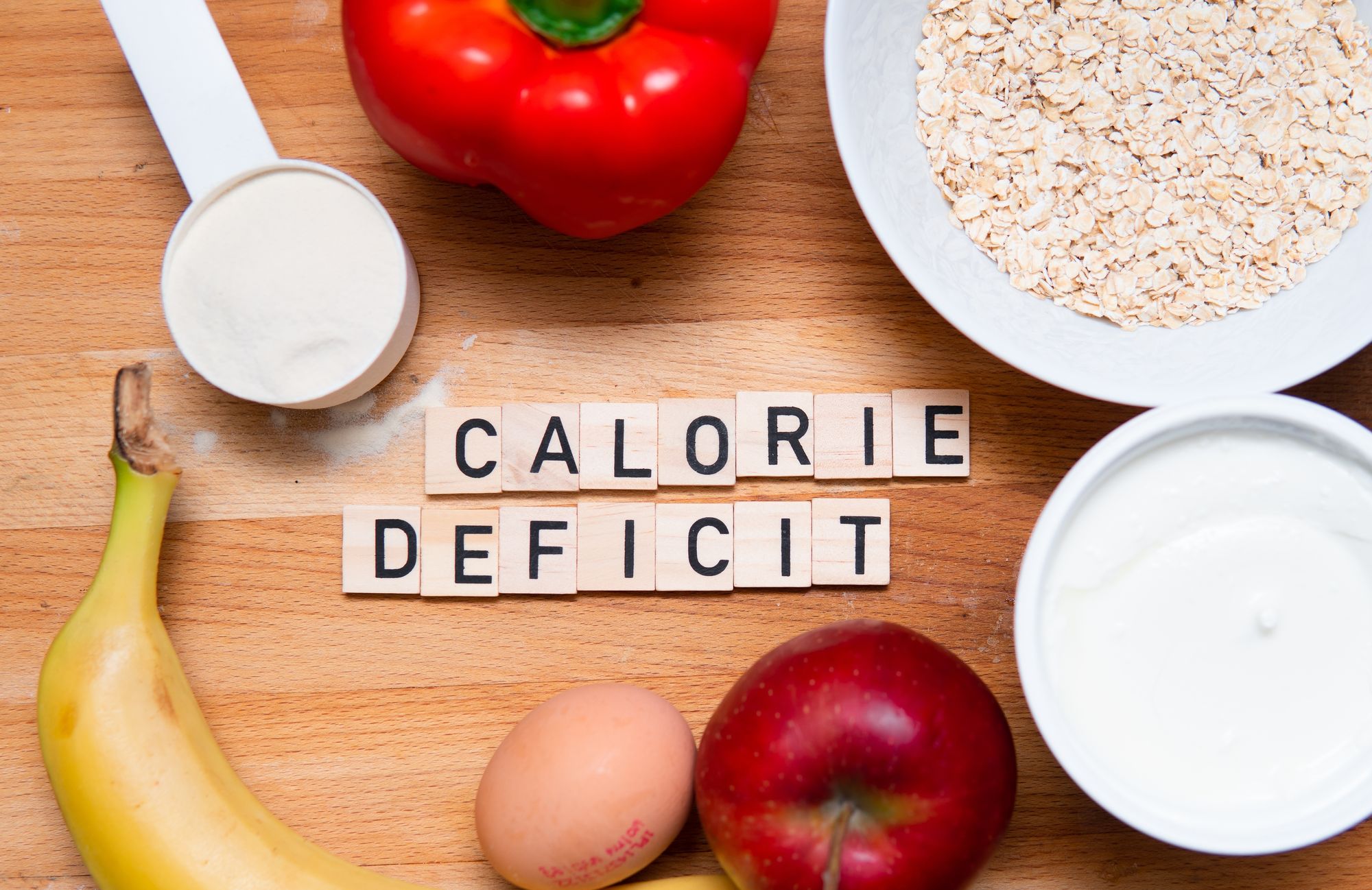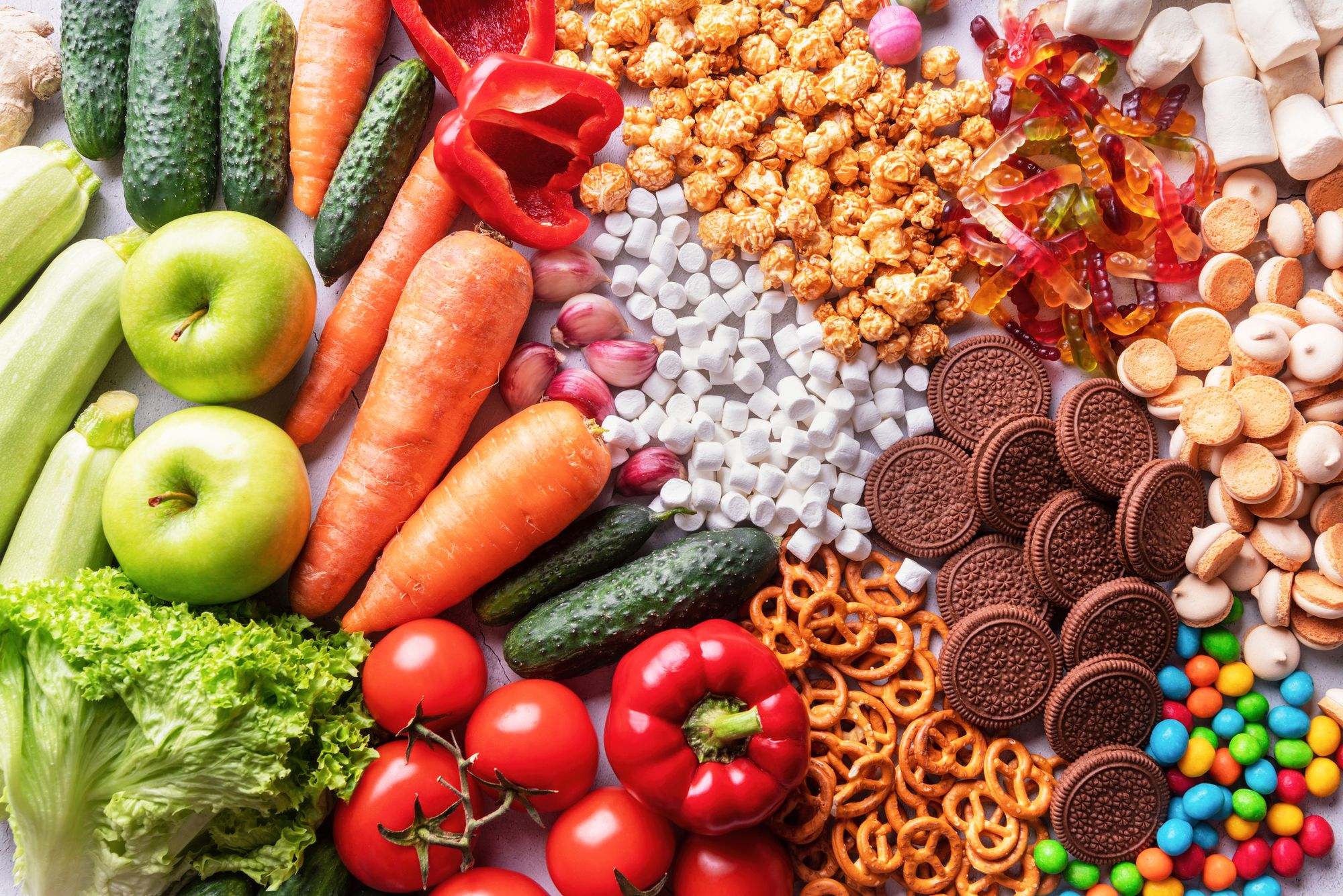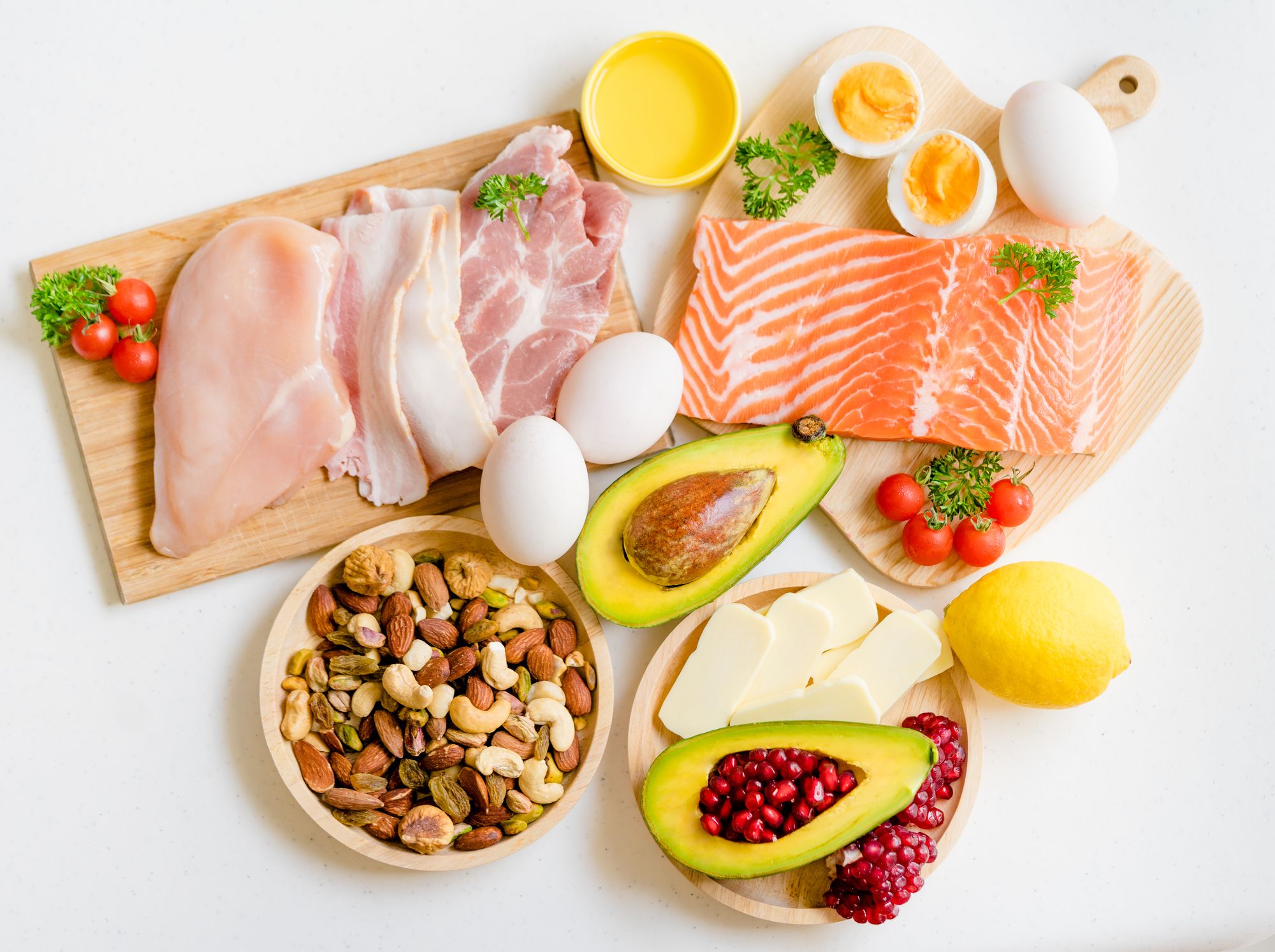Embarking on a weight loss journey can be daunting, but it becomes more manageable and even enjoyable when armed with tried and true tips from individuals who have already reached their goal weight. Their personal stories, along with the hacks and habits that contributed to their success, can inspire and guide you towards achieving your own weight loss goals. It's important to note that weight loss is a unique experience for each person, so while a particular strategy worked for someone else, it might not be the best approach for you. However, these tips are worth exploring as they come with expert approval.
In our quest to uncover success stories, we delved into TikTok to find people who have shed 20 pounds and are eager to share their foolproof tips. In addition, we consulted with Lisa Young, Ph.D., RDN, a renowned nutritionist and author of Finally Full, Finally Slim, who is a valued member of our Medical Expert Board. Dr. Young provides insights into these habits and explains their effectiveness. Adopting a few healthy adjustments to your routine may require some adjustment, but it is a crucial initial step in your weight loss journey. So, if you are determined to lose 20 pounds, read on to discover the no-fail tips that have worked wonders for others who have been in the same boat as you.
1) Establish a Healthy Morning Routine:

Start your day with a set of healthy habits that will set you up for success. Begin by having a nutritious breakfast consisting of foods like whole grains, lean protein, and fruits or vegetables. This will provide you with sustained energy throughout the day and prevent overeating later on. Incorporate exercise into your morning routine, whether it's a brisk walk, yoga session, or any other activity you enjoy. Exercise not only helps with weight loss by burning calories, but it also boosts your mood and sets a positive tone for the day. Additionally, ensure you get enough sleep each night, as sleep deprivation can disrupt hormones related to hunger and appetite, leading to overeating.
2) Drink Your Greens:

Introduce green juices or smoothies into your daily routine. These drinks, packed with leafy greens like spinach or kale, provide essential nutrients, fiber, and antioxidants. They promote feelings of fullness, aid digestion, and regulate your calorie intake throughout the day. Look for options that also contain naturally occurring probiotics for gut health benefits.
3) Stay Hydrated:

Make it a habit to drink an adequate amount of water throughout the day. Water helps curb your appetite, increase feelings of satiety, and prevent dehydration. One effective strategy is to drink a glass of water before meals, as it can help reduce your food intake. Replace sugary beverages with water, as it not only saves you empty calories but also suppresses your appetite and boosts your metabolism.
4) Create a Calorie Deficit:

To lose weight, you need to consume fewer calories than your body burns. This creates a calorie deficit, forcing your body to utilize stored fat as an energy source. Consult with a healthcare professional or a registered dietitian to determine the appropriate daily calorie intake for your weight loss goals. Focus on consuming nutrient-dense foods that provide essential vitamins and minerals while keeping calories in check. Combine your calorie deficit with regular physical activity to maximize weight loss and improve overall fitness.
5) Follow the "80/20" Rule:

Strive for a balanced approach to eating by following the "80/20" rule. Aim to make 80% of your diet consist of whole, unprocessed foods such as fruits, vegetables, lean proteins, whole grains, and healthy fats. These foods provide essential nutrients and support your weight loss efforts. Allow yourself some flexibility by reserving the remaining 20% for occasional indulgences or foods that you enjoy but may not be as nutritious. This approach promotes a sustainable and balanced lifestyle while still progressing towards your weight loss goals.
6) Incorporate Lean Protein:

Include lean protein sources in your meals to support weight loss. Lean proteins, such as chicken, fish, tofu, or legumes, provide essential amino acids and help you feel full for longer periods. They also aid in muscle growth and repair, which is important for maintaining a healthy metabolism. Including protein in each meal can help regulate blood sugar levels, reduce cravings, and support overall weight management.
7) Eat Smaller, Regular Meals:

Instead of consuming three large meals, consider eating smaller, more frequent meals throughout the day. This approach can help control portion sizes, prevent overeating, and regulate your metabolism. Aim for balanced meals that include a combination of protein, fiber-rich carbohydrates, and healthy fats. This eating pattern can improve satiety, reduce hunger, and keep your energy levels stable throughout the day.
8) Make Seamless, Lower-Calorie Food Swaps:

Seek out healthier alternatives to high-calorie foods to reduce your calorie intake without sacrificing flavor. Instead of fried foods, opt for grilled or baked options. Choose lean protein sources like skinless poultry, fish, or legumes over higher-fat choices. When dressing your salads, opt for olive oil or vinegar-based dressings rather than creamy or high-fat options. Snack on fresh fruits, raw vegetables, or a handful of nuts instead of indulging in high-calorie snacks. These simple swaps can make a significant difference in your overall calorie consumption.

